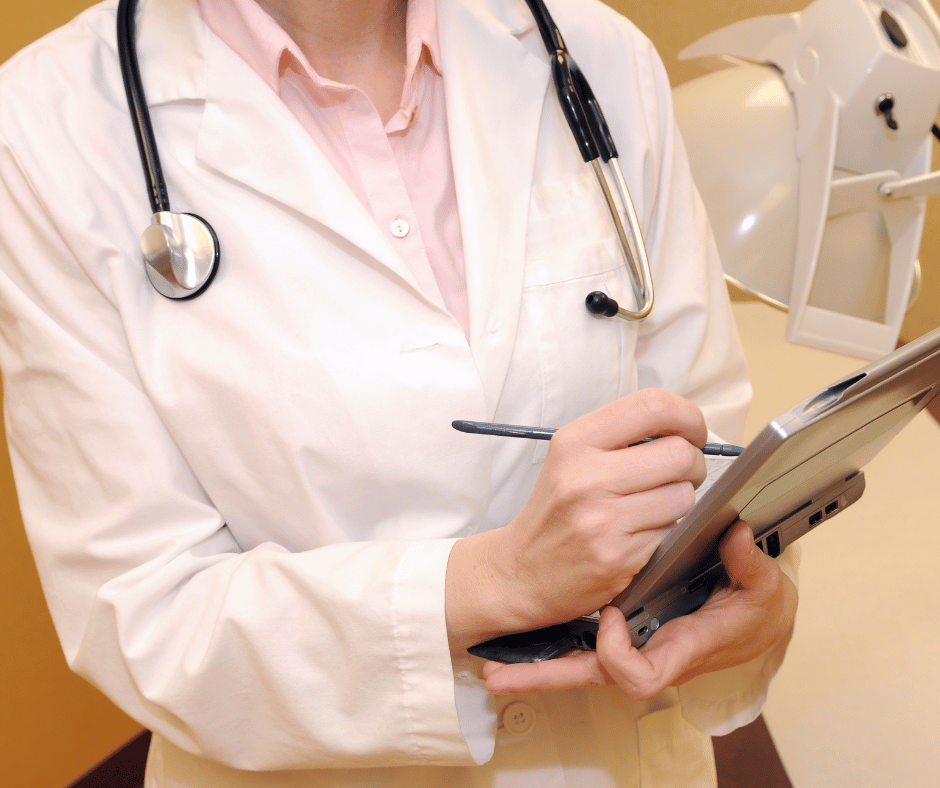Clinical evaluation for medical devices is critical because it provides the scientific evidence to demonstrate that devices are safe and effective for use in real-world situations. For sanitary registration purposes in Mexico, is acceptable to submit clinical trials performed in this country or abroad. However, there are other ways to fulfill the clinical evaluation requirements.
In this article, we outline the clinical evaluation process for medical devices and the particulars of Mexican regulations with focus on COFEPRIS requirements to obtain sanitary registrations.
What are Clinical Studies for Medical Devices?
A clinical study is a systematic investigation involving human participants to evaluate the device’s safety and performance in the treatment, prevention, or diagnosis of diseases. These controlled studies are essential before a device can be mass-produced and used in healthcare settings.
What is Evaluated in a Clinical Study?
Clinical studies assess several key aspects:
- Safety: The potential risks associated with the device, including adverse events or complications.
- Performance: How well the device functions in achieving its intended purpose.
- Risk-Benefit Ratio: A comparison of the device’s risks and benefits to ensure that the potential benefits outweigh the risks.
How is Clinical Safety Evaluated?
The evaluation methodology depends on the device’s novelty:
- Innovative Devices: Manufacturers must develop and obtain regulatory approval for new investigational protocols. These protocols outline the study design, participant selection criteria, and data collection methods.
- Existing Devices: For devices with a market history, manufacturers can conduct a literature review to analyze adverse event reports and other relevant data from sources like the FDA’s MAUDE database and PubMed.
How is Safety and Effectiveness Demonstrated?
- New Studies: Favorable results showing that a device achieves its intended purpose with a low risk profile are presented in a formal report.
- Literature Reviews: The clinical evaluation report summarizes findings from technical evaluations, clinical studies, usability studies, scientific papers, and other relevant documents.
What are the Clinical Requirements in Mexico?
COFEPRIS guidelines, outlined in Appendix II of the Supplement for Medical Devices of the Mexican Pharmacopoeia (FEUM), require manufacturers to submit:
- Published Studies: Copies of conclusive clinical studies published in indexed journals with sufficient sample sizes to demonstrate safety and efficacy.
- Clinical Evaluation Report: A comprehensive analysis of available clinical data on the device’s safety and performance, including comparisons to similar devices. This evaluation must be conducted by experts in the field.
- For New Devices: Clinical study reports and conclusions from studies conducted in Mexico (with prior approval of the research protocol).
Conclusions
Clinical evaluation is a key aspect to support medical device safety and performance. It ensures that new devices are thoroughly inspected for safety and performance before they reach patients. In Mexico, COFEPRIS has established requirements for clinical evidence, to ensure that only safe and effective medical devices get sanitary registration. If you need advice on how to collect and submit clinical evidence for your products, please contact us at contact@veraqueconsulting.com.

